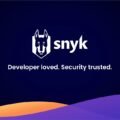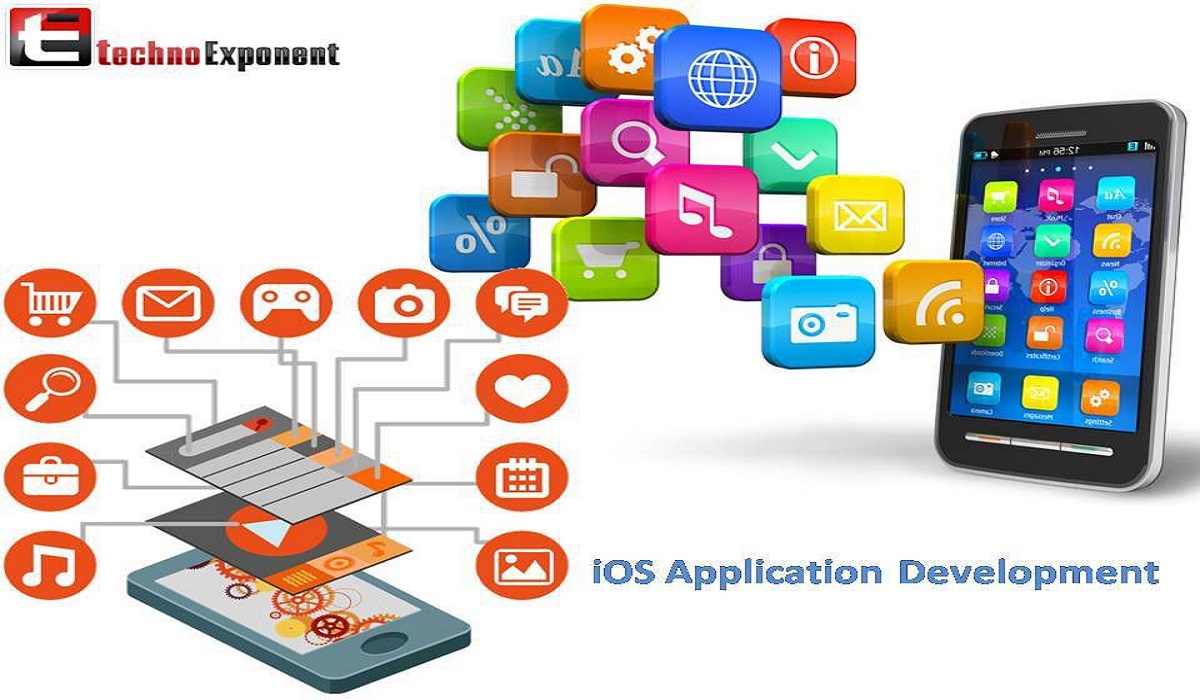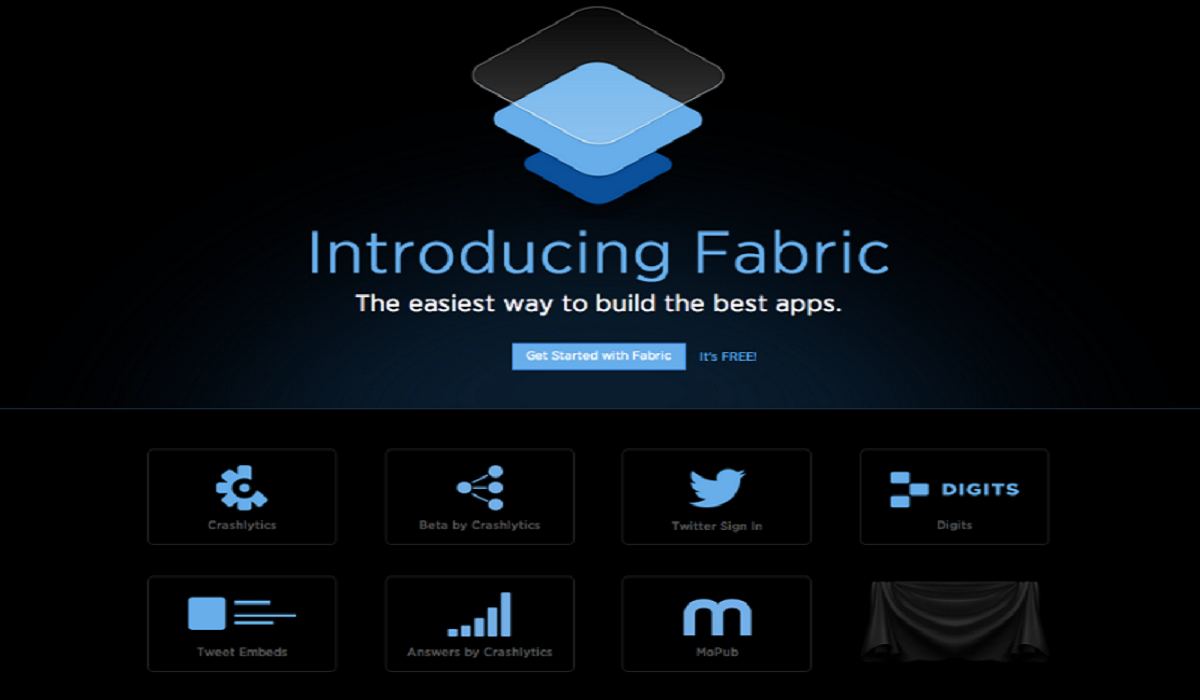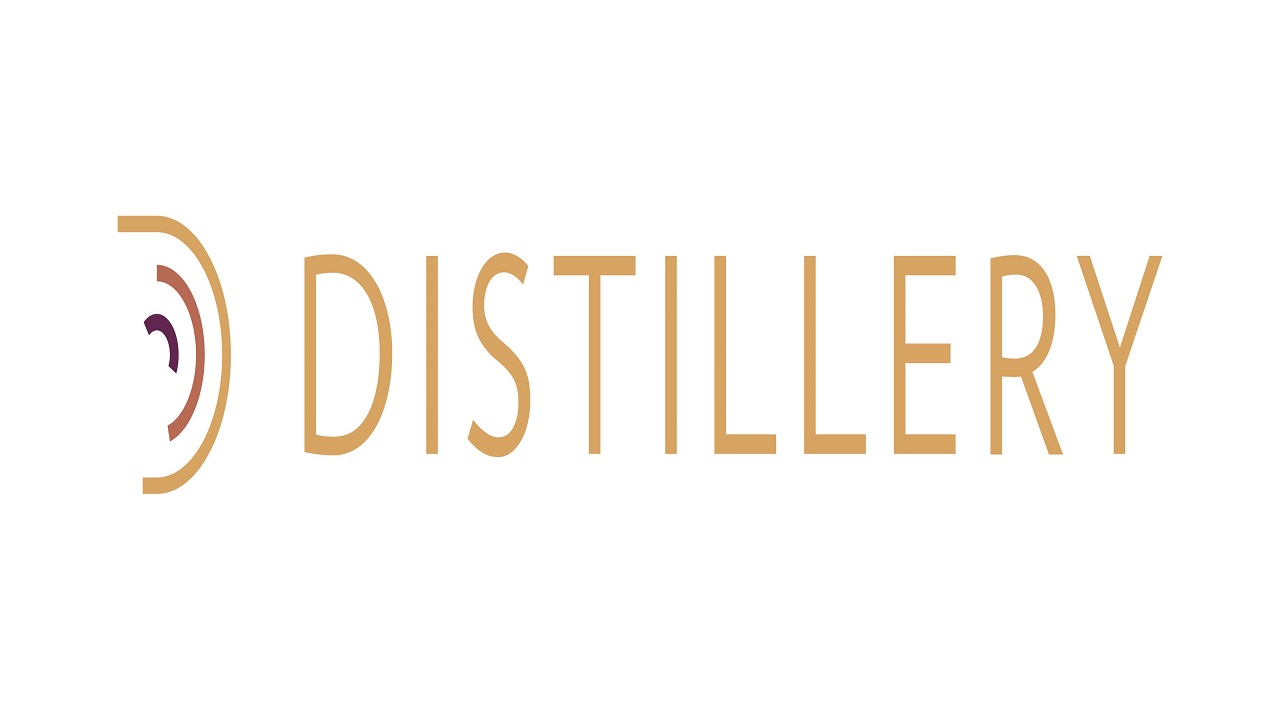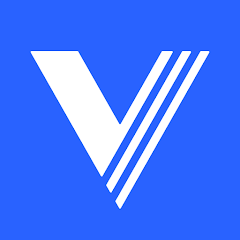Snyk is a web-based marketplace that can provide users with a developer-centric, cloud-based application security program assisting businesses in detecting and rectifying weaknesses within open-source libraries, containers, and codes throughout the development lifecycle. This platform lets its clients get real-time project testing directly from Git repositories and continuous monitoring for emerging issues.
It can even permit customers to access integration with CI/CD pipelines, ensuring that weaknesses do not delay the application-building process. Snyk also comes with compatibility with third-party platforms, such as JIRA, Jenkins, GitHub, and GitLab, along with IDE plugins, facilitating seamless workflow integration. There is even availability for a collaborative environment for security and development teams, promoting a comprehensive security posture from code to cloud.
Features
- Open-source security for developers
- Licensing compliance for legal adherence
- Development tools for streamlined workflows
- Continuous monitoring for proactive protection
- Vulnerability database for informed decision-making
Pros
- Large user community
- Wide language support
- Detailed reporting tools
- Intuitive interface design
- Advanced vulnerability detection
Cons
- Higher cost tool
- Limited free version
- Complex configuration needed
Similar to Snyk
There are up to 15 Snyk Alternatives. It has features like Cybersecurity. The best alternative to Snyk is VMOS, which is Paid. The other best apps like Snyk are Fuseopen, Fabric, and Qt.
Pricing
Snyk Information
15 Best Snyk Alternatives
1: Sencha
Sencha is a versatile software that allows developers to create and deploy web and mobile applications with ease. Although its installation process can be lengthy due to its complexity, Sencha provides a robust interface with tools that support project management and app development.
2: Armory
Armory is a 3D game engine that integrates seamlessly with Blender, creating a unified workflow for game development. This integration eliminates the need for developers to switch between applications, enabling a faster and more streamlined development process from start to finish.
Advertisement
3: Corona SDK
Solar2D, previously known as Corona SDK, is a software solution designed for developers building mobile applications of various types and sizes. With its extensive library, users can easily create apps, including tools for math operations and network sharing across devices.
4: Adobe AIR
Adobe AIR is a powerful runtime environment that allows developers to package Rich Internet Applications (RIAs) for deployment across multiple platforms, including Windows, macOS, iOS, and Android. It operates independently of web browsers, providing enhanced access to local storage while avoiding some of the limitations imposed by browser-based environments.
Advertisement
5: Xamarin
Xamarin is a platform that enables developers to build applications using C# for multiple mobile operating systems, including Android, iOS, and Windows. Xamarin allows users to share a significant portion of their code across different platforms, reducing the need to rewrite applications from scratch for each system.
6: Exponent
Exponent is a development platform designed to boost React Native developers' capabilities by allowing them to create and test iOS applications without needing Xcode or a Mac. Through the use of Appetize.io simulators, developers can test their apps in a browser, making the development process more accessible and efficient.
Advertisement
7: AppsGeyser
AppsGeyser is an app-building platform that requires no coding skills. It provides various tools and templates for developing, monetizing, and distributing applications. The platform offers straightforward tutorials, guiding users through the development and promotion of their apps in just a few steps.
8: Fabric
Fabric is a modular development platform that simplifies the creation of advanced applications. The platform addresses challenges such as distribution, stability, revenue, and user identity. By integrating services like MoPub and Crashlytics, Fabric helps developers create secure and reliable apps more efficiently.
9: Qt
Qt is a robust framework that provides developers with tools to create cross-platform applications and graphical user interfaces (GUIs). Its integrated development environment (IDE) supports on-device debugging, remote compilers, and device toolchains, offering a comprehensive suite for building and deploying applications.
10: Fuseopen
Fuseopen is a cross-platform development tool similar to NativeScript and React Native. It differentiates itself with a real-time collaboration feature for designers and developers. Using UX Markup, a language based on XML, developers can create interactive UI components with customizable behaviors.
11: Appy Pie
Appy Pie is an app-building platform that enables users to create Android and iOS applications without any coding knowledge. It also allows for the publication of apps on iTunes and Google Play. In its beta phase, Appy Pie facilitated the development of hundreds of mobile applications within a single month.
12: Distillery
Distillery is a comprehensive outsourcing solution for mid-sized businesses and enterprises. Its expert team specializes in the design, development, and delivery of cutting-edge technology solutions. Distillery helps companies innovate by creating custom software that transforms business operations.
13: Bitbucket
BitBucket is a cloud-based service that helps developers manage, store, and track changes to their code. It offers Git repository hosting with a user-friendly interface, making it accessible even for beginners who may not be familiar with Git's command-line tools.
14: VMOS
VMOS is a virtual machine-based application that can run on any operating system, such as Linux or Android. It creates a virtual Android environment independent of the host system's network, enabling users to develop and test applications with full access to Google Play services.
15: Github
GitHub makes it easy for developers to securely share and consume software packages, either within an organization or with the global community. GitHub Package Registry allows users to manage code and packages in one place, making it a widely trusted platform for developers, students, and companies worldwide.
